Nettsider med emneord «marine»
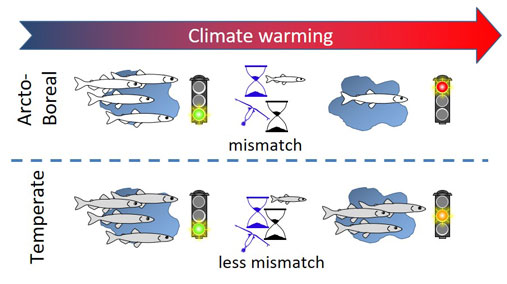
Climate warming is changing the timing of among others the reproduction for plankton or fish. Predators depend on an abundant prey supply to feed their young and insure that they survive. When the timing of the prey and the predator are not in synchrony the predator young cannot feed and are dying: there is a mismatch.
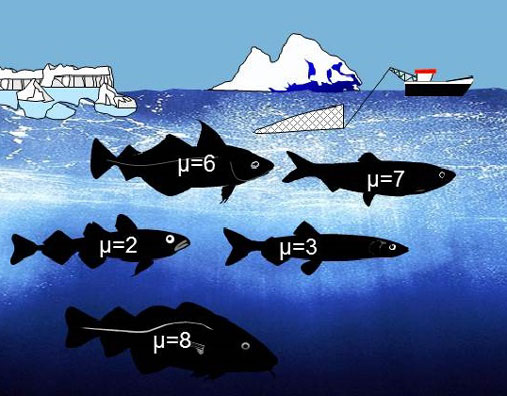
Since Hjort in 1914 it is accepted that recruitment variation is a major source of variability in the biomass of adult fish. In a recent study published in Marine Ecology Progress Series (Durant & Hjermann 2017) we investigated how external forcing and age structure alter the effect of the year-to-year recruitment variability on population growth for some key fish species which occupy different trophic levels in an Arcto-boreal marine ecosystem.
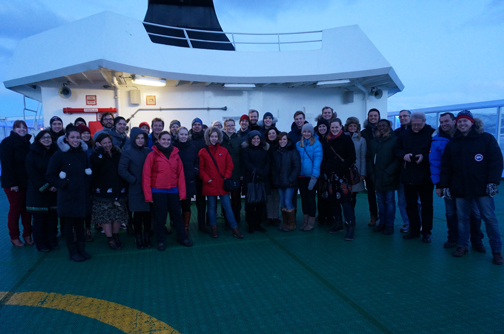
The fascination for the High North is an important element of the Norwegian heritage, symbolized by explorers such as Roald Amundsen and Fridtjof Nansen. And as climate change pushes the limits of exploitable areas northward, the Arctic is again central in the political debate. With commercial opportunities facing environmental challenges, we need knowledge about the North, communication between stakeholders, and leaders with an Arctic heart. Enter, Emerging Leaders!
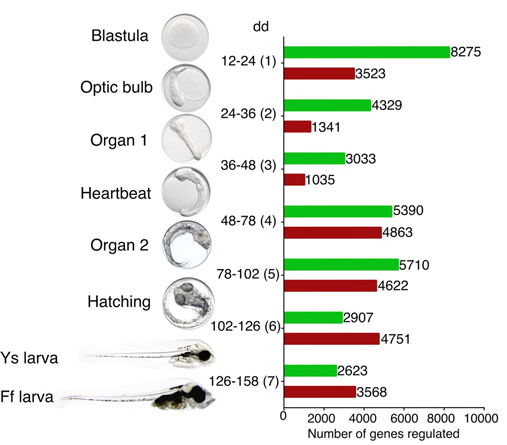
The development of haddock embryos is highly impacted by oil exposure as discussed in a previous post. In a new study Sørhus et al. explored the link between transcriptional changes and developmental processes such as pattern formation and organogenesis. The question is to understand the abnormal development in fish.
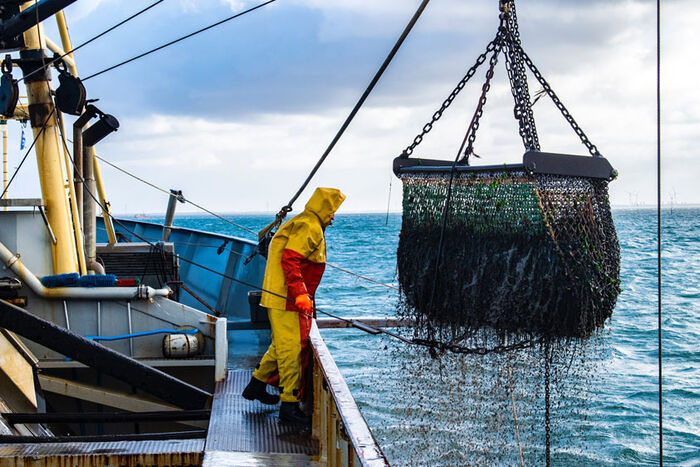
“Social-ecological systems dependent on fisheries must be resilient or adapt to remain viable in the face of change.”
In a paper published in ICES journal of marine science we reviewed the adaptation options in fisheries management to support resilience and transition.
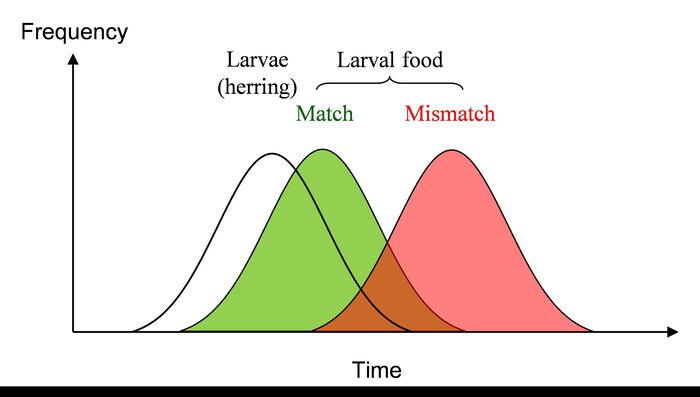
Climate change is thought to change many aspects of the marine life. Among others, one can mention changes in species distribution (immigration of species; new species coming to northern areas), the rate of development (warmer the temperature, the faster is the development), and change in the timing of the reproduction. The latter has recently caught a lot of attention around a nearly 50 years old hypothesis of the British fisheries biologist David Cushing.
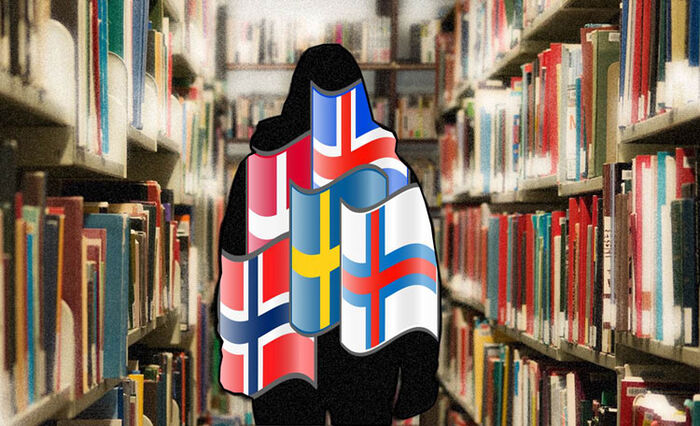
In March 2016, a Memorandum of Understanding for Seas of Norden Research School (SEANORS) promoting collaborative marine research and training in the Nordic countries was signed by the rectors of 9 Nordic universities.
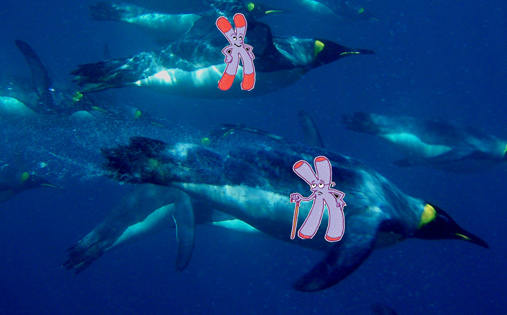
Growing evidence suggests that the telomeres’ length (a non-coding DNA sequence localized at the end of the chromosomes) is related to individual breeding performances and survival rates in several species.
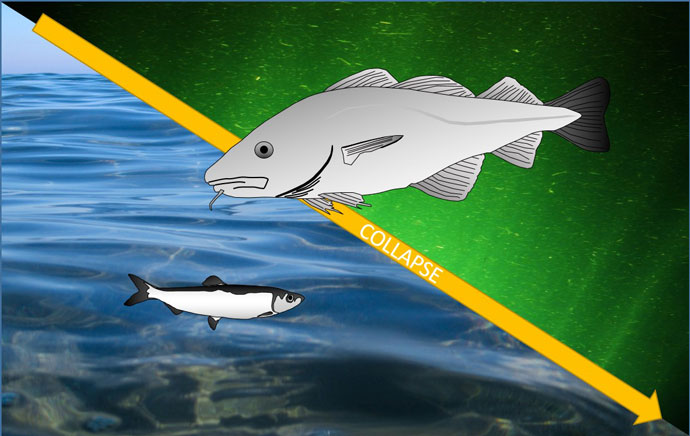
Over the last century, overfishing has led to the collapse of many fish stocks. Some of them, following successful management actions, have rebuilt their number but did they remain the same? In a recent study published in Ecology and Evolution we explored the effect of collapse on the stocks ecology by testing for differences before and after.

Europe and other funding agencies are very attentive to interdisciplinarity and trans-sectoral activities. Their ever growing demand for multi- and trans-disciplinary science is reaching such a level that making Ecology and getting funding for it becomes a challenge. Is there a way around it?
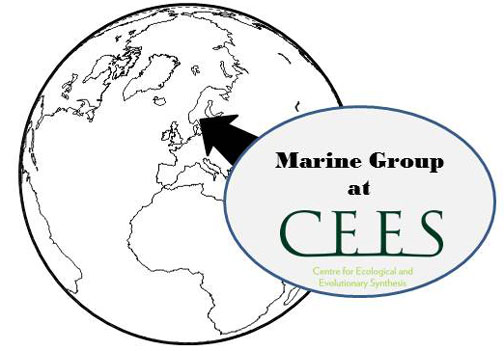
The Marine Group of CEES was created in august 2005 as a platform where people with common interest meet and exchange ideas. In 2015 we were about 20 post-docs and PhDs financed on project money. I think it is time after more than a decade to look at the success and failure of our group, generally share experience, and maybe brag a little.

High fishing pressure tends to lead to proportionally fewer old and large individuals in fish stocks. It is feared that these demographic changes make the fish stocks more sensitive to climate variability and change. Statistical analysis of long-term survey data on cod eggs throws new light on the possible mechanisms.
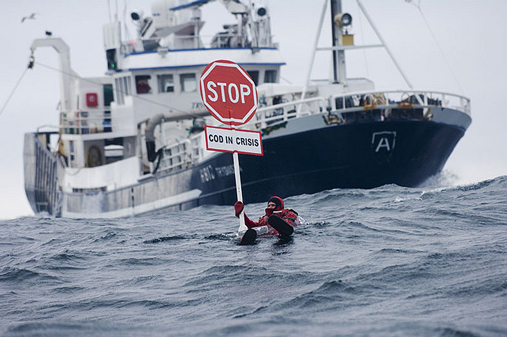
This paper investigates the scope for resilience indicators to predict an upcoming stock collapse. We find that economic information, such as profits, may complement biological information when assessing the state of fisheries.
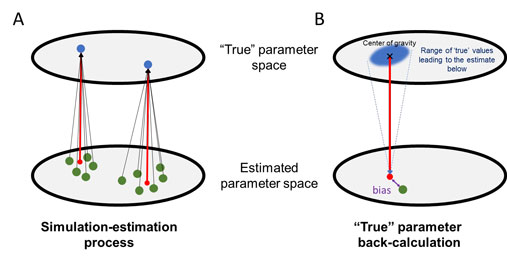
Conservation efforts and management decisions on the living environment of our planet often rely on imperfect statistical models. Therefore, managers have to brace for the uncertainty associated with the model and study system i.e., set their acceptable risk level, to make some decisions. However, risk estimates themselves can often be biased. In a recent paper published in Nature communications we demonstrate that one can back-calculate the correct value of risk by combining data fitting with an extensive simulation–estimation procedure.

